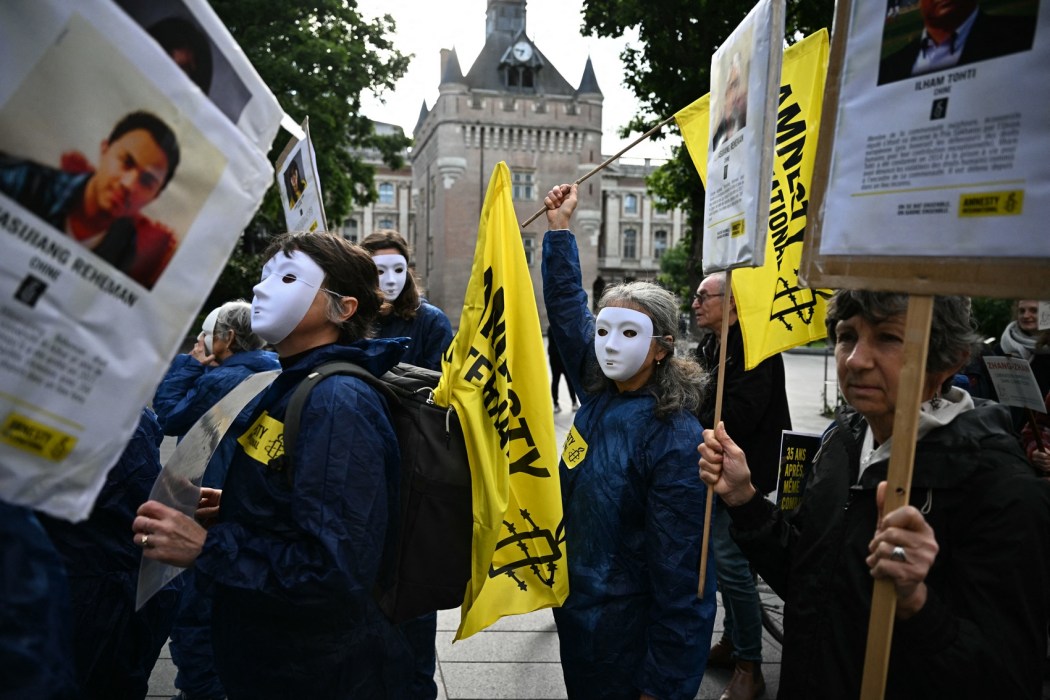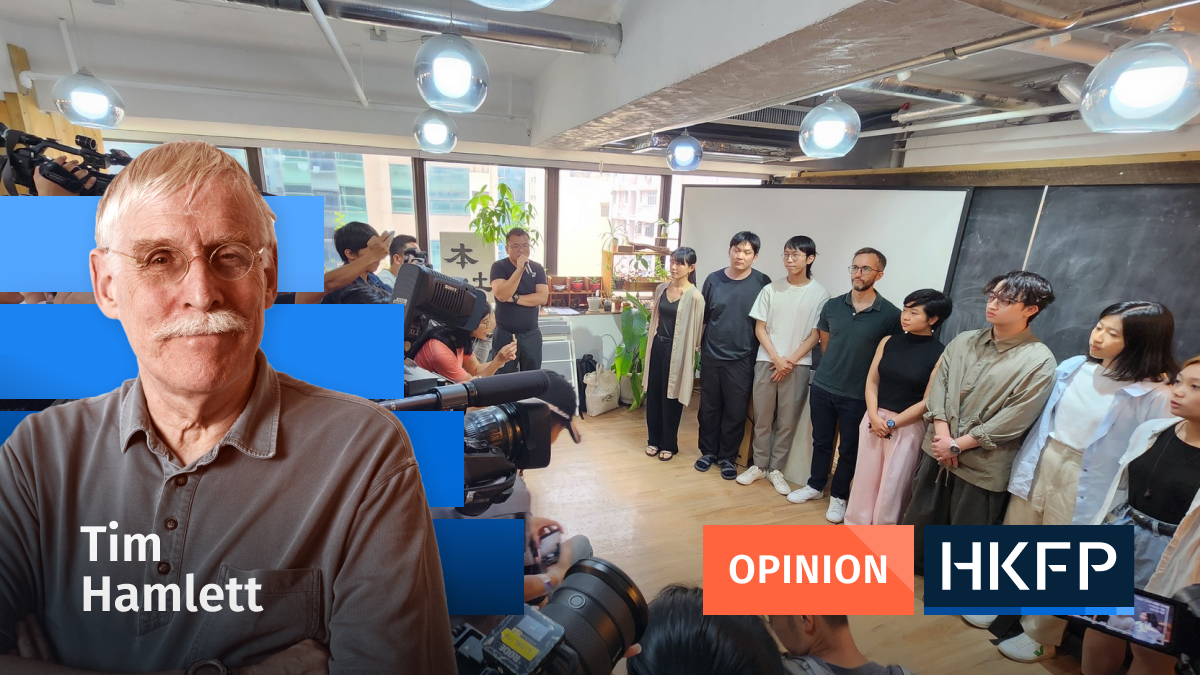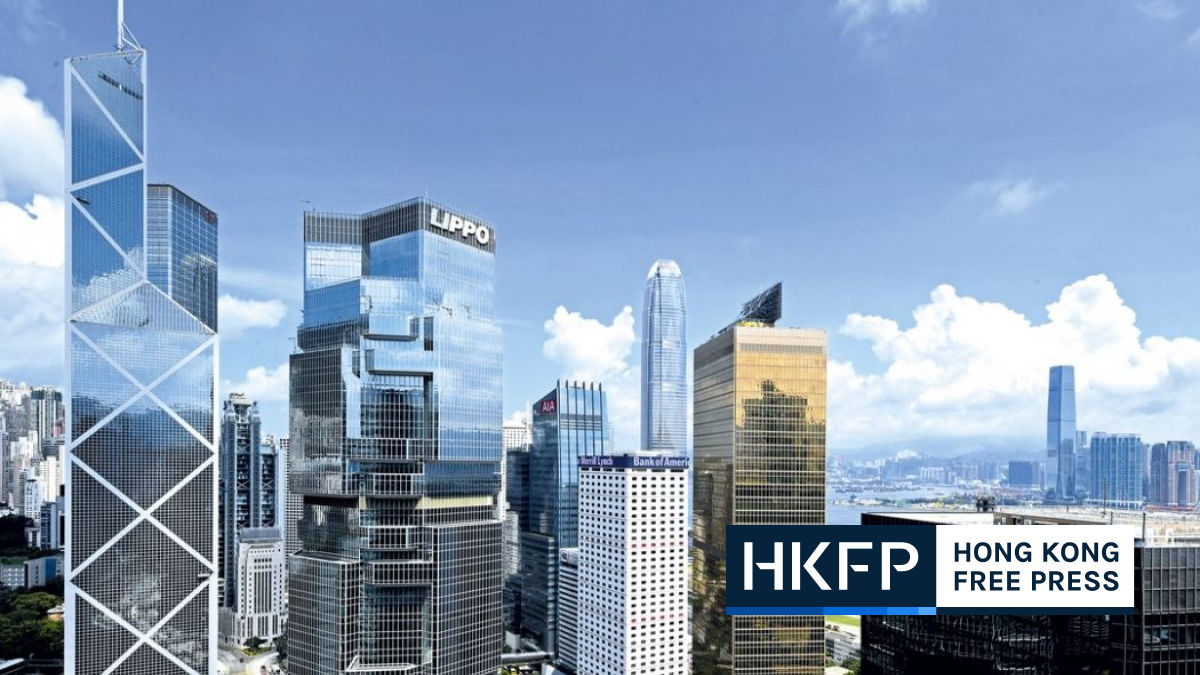China is targeting citizens studying abroad for their political activism, rights group Amnesty International said Monday, with some students reporting harassment of family members back home.

China does not tolerate political dissent and has used sophisticated tech tools as well as intimidation to crack down on domestic protesters and activists.
And Beijing’s curbs on political activism are increasingly expanding abroad in the form of “transnational repression”, Amnesty International said in a report, citing interviews with dozens of students in eight European and North American countries.
Overseas students reported that family members in China received threats after they attended events abroad including commemorations of the bloody 1989 Tiananmen Square crackdown, according to the group.
“Threats made to family members in mainland China included to revoke their passports, get them fired from their jobs, prevent them from receiving promotions and retirement benefits, or even limiting their physical freedom,” it said.
Students also said they had been blocked from posting and surveilled on Chinese social apps — often the only way to communicate with family members due to Beijing’s internet firewall.
One student told Amnesty International that police showed his parents “transcripts of his online WeChat conversations with family members”.
‘Climate of fear’
Students said they actively self-censored during classes and social interactions and complained of mental health problems caused by the feeling of pervasive surveillance, “ranging from stress and trauma to paranoia and depression”.
“I would really want to publish my thesis… but I’m worried, so I chose not to,” one student told Amnesty.
Beijing has not yet responded to Monday’s report.

But it has previously rejected claims that it targets citizens living abroad, insisting that it respects other countries’ sovereignty and that any policing operations are conducted in accordance with the law.
A report last year by US research group Freedom House found that China was responsible for hundreds of cases of “transnational repression” since 2014, including attempts to pressure other nations to forcibly return members of the Uyghur minority.
Amnesty International on Monday said Beijing’s targeting of students has “engendered a ‘climate of fear’ on university campuses across Western Europe and North America, negatively impacting upon students’ human rights.”
“The impact of China’s transnational repression poses a serious threat to the free exchange of ideas that is at the heart of academic freedom,” Sarah Brooks, Amnesty International’s China director, said.
Dateline:
London, United Kingdom
Type of Story: News Service
Produced externally by an organization we trust to adhere to high journalistic standards.
Support HKFP | Policies & Ethics | Error/typo? | Contact Us | Newsletter | Transparency & Annual Report | Apps
Help safeguard press freedom & keep HKFP free for all readers by supporting our team

LATEST FROM HKFP
HKFP has an impartial stance, transparent funding, and balanced coverage guided by an Ethics Code and Corrections Policy.
Support press freedom & help us surpass 1,000 monthly Patrons: 100% independent, governed by an ethics code & not-for-profit.









